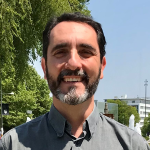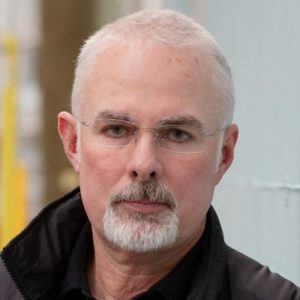
Congratulations to Dr. Daniel Vigo, who has been promoted to the rank of Associate Professor with Tenure!
Dr. Vigo has been a member of the Department since 2017, having first been offered a two-year clinical fellowship. In 2019, following his clinical fellowship, Dr. Vigo was recruited to the UBC Department of Psychiatry at the rank of Assistant Professor (Term), then appointed as an Assistant Professor, Tenure Track, jointly with the UBC School of Population and Public Health (SPPH) in 2020. He holds a Lic. in Clinical Psychology (Bachelor’s/Master’s degree equivalent) and Medical Degree from the University of Buenos Aires and completed his Doctor of Public Health at Harvard University. Prior to joining UBC as a full-time faculty member, he held academic faculty positions as a Lecturer at Harvard Medical School, and as an Assistant Professor in the Faculty of Health Sciences at Simon Fraser University from 2017 to 2019.
Dr. Vigo is a psychiatrist, clinical psychologist, and public health specialist. Besides his role at UBC, he is a Lecturer at Harvard Medical School, an Advisor to PAHO and WHO, as well as the Chair of the Services and Policy Workgroup of the WHO-World Mental Health Surveys Initiative. He is also the Regional Lead Psychiatrist for Assertive Community Treatment for the Province of BC and the incoming Editor-in-Chief of the International Journal of Mental Health Systems. In June of this year, he was also appointed as BC’s Chief Scientific Advisor for Psychiatry, Toxic Drugs & Concurrent Disorders by BC Premiere David Eby.
He has worked in clinical, research, teaching, and leadership positions across both the public and private sector. In these roles, he has published peer-reviewed articles, book chapters, and reports on public health, health systems, global mental health, psychiatric epidemiology, psychopharmacology, psychotherapy, and e-mental health. Dr. Vigo also leads several projects in BC and globally, including on E-Mental Health, prediction of risk of adverse mental health and substance use outcomes, and needs-based planning for mental and substance use disorder services. More information can be found at Dr. Vigo’s Mental Health Systems and Services Laboratory webpage.
Please join us in warmly congratulating Dr. Vigo on his well-deserved promotion!








